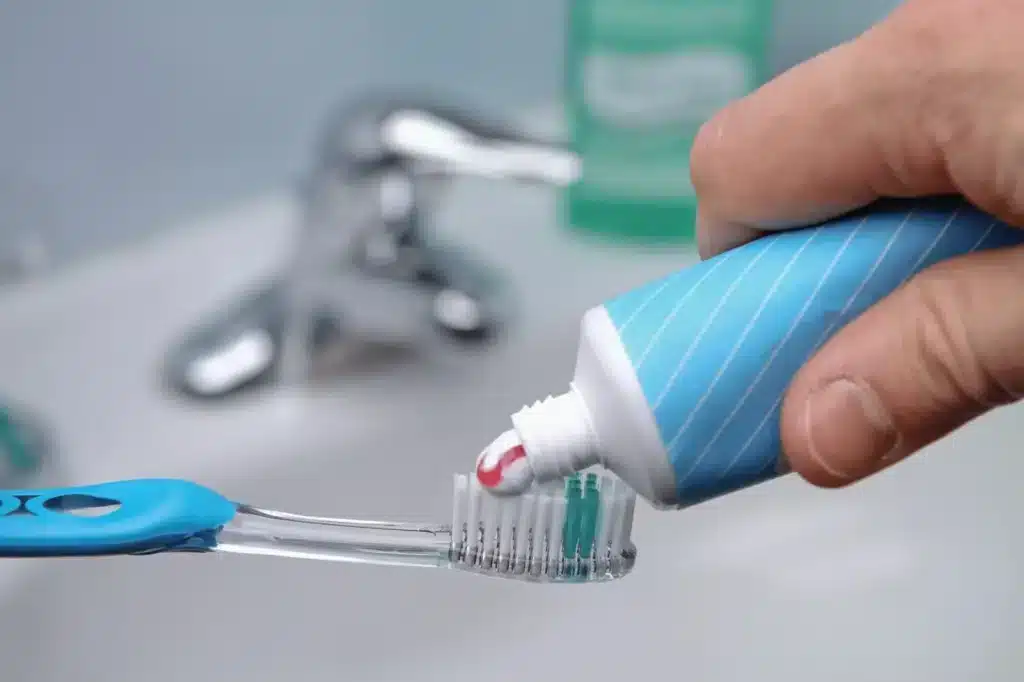Are your sensitive teeth causing pain and discomfort? Read more to know the best treatments for tooth sensitivity.
Tooth Sensitivity
Tooth sensitivity is a common dental condition. It is indicated by sharp, sudden pain or discomfort in response to various triggers, such as hot, cold, sweet, or acidic stimuli.
It occurs when the underlying dentin, a porous tissue beneath the enamel, becomes exposed, allowing external factors to stimulate nerve endings within the tooth, leading to discomfort or pain.
Symptoms
Here are the symptoms of tooth sensitivity. Diagnosing the symptoms can lead you faster to treatments for tooth sensitivity.
- Tooth sensitivity often manifests as sharp, sudden pain.
- Triggers include hot, cold, sweet, or acidic foods and beverages.
- Brushing can provoke discomfort.
- This sensation may feel like a sudden jolt of pain and could lead to bleeding or gum sensitivity.
- Exposure to cold air or cold drinks can induce painful reactions.
- The discomfort experienced can be intense, making it challenging to enjoy cold beverages or breathe in cold weather.
Causes
Understanding the root cause is essential in treatments for tooth sensitivity.
- Gum recession
- Enamel erosion
- Tooth decay
- Acid reflux can damage enamel and cause tooth sensitivity
- Medical procedures such as teeth whitening or dental restorations
Home Remedies
Some home remedies can act as treatments for tooth sensitivity. These remedies can relieve your pain and discomfort.
Desensitizing Toothpaste
Desensitizing toothpaste is formulated to reduce tooth sensitivity. It works by blocking the tiny channels (tubules) in the dentin, preventing external stimuli from reaching the nerve. Some popular brands include Sensodyne, Colgate Sensitive Pro-Relief, and Crest Pro-Health.
Fluoride Treatments
Fluoride, a natural mineral, can help strengthen enamel and reduce sensitivity. Fluoride treatments at the dentist’s office are effective, but you can use over-the-counter fluoride mouth rinses or toothpaste for at-home care.
Saltwater Rinses
A saltwater rinse can provide relief for tooth sensitivity. Mix half a teaspoon of salt in warm water, swish it in your mouth for 30 seconds, and then spit it out. The rinse can help reduce inflammation and soothe sensitive teeth. It’s one of the most effective treatments for tooth sensitivity.

Treatments
Sensitive teeth can hurt when you brush, eat, or drink. This happens because the protective layer of your teeth is worn down or the roots of your teeth are exposed. Sometimes, tooth pain can also be caused by issues like cavities, chips in your teeth, old fillings, or gum problems.
If you have sensitive teeth, seeing your dentist is a good idea. They can figure out what’s causing the pain and suggest solutions.
Here are some treatments for tooth sensitivity:
Use Special Toothpaste
You can try toothpaste made to help with sensitive teeth. After a few uses, it might reduce the pain. Your dentist can recommend the best one for you.

Get Fluoride
Your dentist can put fluoride on your sensitive teeth to make them stronger and less painful. They might also give you fluoride to use at home.
Tooth Bonding
If your tooth roots are causing the pain, your dentist can use a special material to protect them. You might need a numbing shot for this.
Gum Surgery
If your gums have pulled away from your tooth roots, your dentist can take a bit of gum from one part of your mouth and attach it to the sensitive area. This can stop the pain.
Root Canal
If your sensitive teeth are painful and nothing else works, your dentist might suggest a root canal. This is a procedure to fix problems deep inside your tooth. It’s the best way to get rid of tooth sensitivity.
Prevention
To prevent sensitive teeth from returning,
- Brush your teeth with a soft toothbrush
- Use fluoride toothpaste.
- Remember to floss every day.
- Be careful with acidic foods and drinks like soda, citrus fruits, and wine. It can harm your teeth.
- If you have teeth-grinding habits, ask your dentist for a mouthguard to protect them.
Conclusion
The article guides you on treatments for tooth sensitivity and effective remedies to avoid it. Some dental procedures can also result in sensitive teeth for some time. In an emergency, consult your dentist for further instructions to avoid complications.


